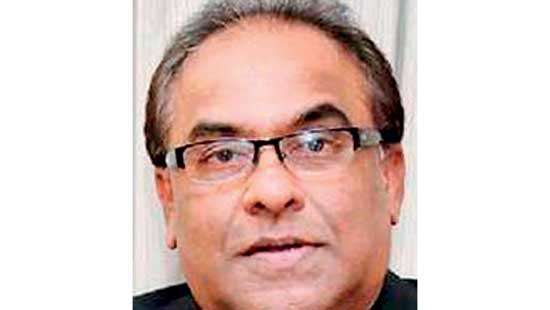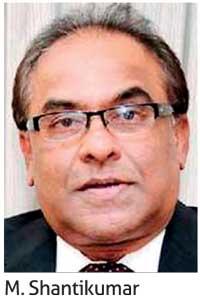Reply To:
Name - Reply Comment

By Shabiya Ali Ahlam
Sri Lanka’s hotel sector yesterday asserted that the proposed blackouts for large-scale electricity consumers will be detrimental for the tourism industry, given that it is only beginning to slowly recover from the massive hit experienced in the last two years.
 The Hotels Association of Sri Lanka (THASL) told Mirror Business yesterday that while no blackouts for any period of time is acceptable, it is essential for the government and the relevant authorities to get their priorities right when getting the economy back on track amid challenges.
The Hotels Association of Sri Lanka (THASL) told Mirror Business yesterday that while no blackouts for any period of time is acceptable, it is essential for the government and the relevant authorities to get their priorities right when getting the economy back on track amid challenges.
“We acknowledge the power crisis the country is going through. But, the government and relevant authorities must prioritise sectors based on their contribution towards bringing in the much-required foreign exchange to the country, before implementing blanket measures on businesses,” THASL President M. Shantikumar told Mirror Business.
The proposed blackout by the Public Utilities Commission of Sri Lanka (PUCSL) for bulk consumers of electricity will compromise the services delivered to international visitors, he said.
After a hiatus of about two years, from December 2021, Sri Lanka began witnessing an increase in the rate of tourist arrivals, making it possible for the hard-hit sector to expect some form of revival this year.
However, by cutting off electricity at a juncture that is imperative for the tourism sector to get its service delivery right, the industry is faced with yet another hurdle that will add to the already escalating
operational costs.
The justification by the PUCSL was that large companies could afford to use generators as an alternative to depending on the national grid. But Shantikumar said such a proposal is highly impractical. Local hotels, regardless of their size, depend on standby generators to power the premises in an event of a blackout. Shanthikumar asserted that while the basic operations can be carried out, the standby generators by no means can have a hotel running at full capacity.
“We can probably run our kitchens and have other basic operations unhindered, but the generators will not be able to power air conditioners, which is a bare minimum, a basic requirement for tourists. They will face inconveniences,” Shantikumar lamented.
He asserted that the industry cannot afford for incoming tourists to face any inconveniences given that there is high competition among regional peers to lure international tourists.
Further, even if the hotels are pushed to use the generators, he stressed that it can be done only for a few days. Shantikumar pointed out that using generators as an alternative is easier said than done as the increased cost of fuel makes it an expensive option, and the high wear and tear, which again is a challenge to address due to issues pertaining to imports, does not make it a practical solution.